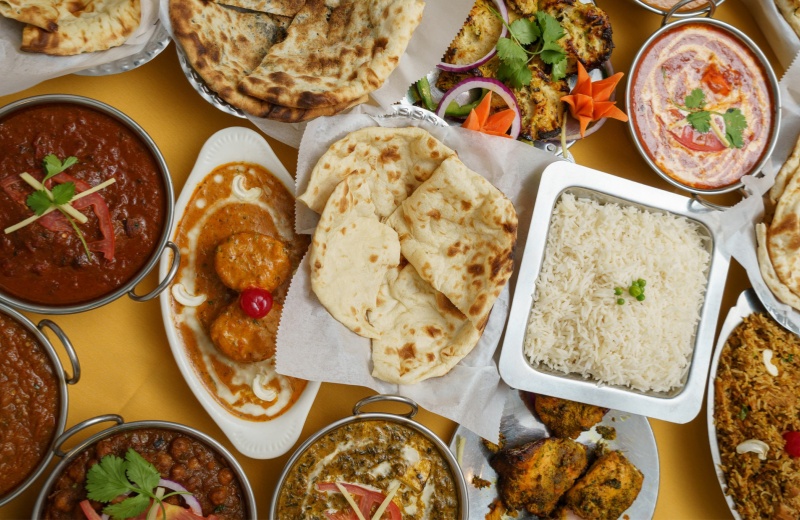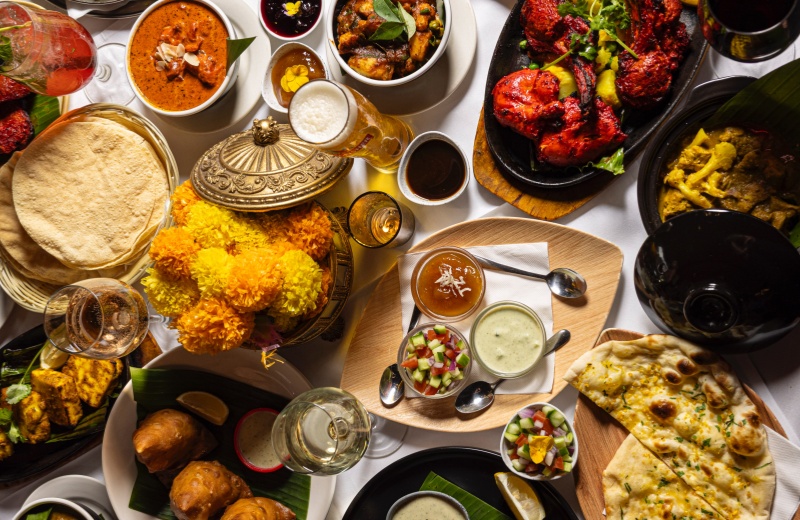At its core, molecular gastronomy is about experimentation and discovery. By applying scientific principles, chefs can deconstruct familiar flavors and textures, transforming them into unexpected forms. Techniques such as spherification, emulsification, and foaming allow cooks to create unique dishes that surprise and delight the senses. For instance, spherification involves creating small, caviar-like spheres filled with flavorful liquids, providing an exciting burst of taste when bitten into. This technique can be applied to juices, sauces, or even cocktails, adding a playful element to any dish.
Another key aspect of molecular gastronomy is the use of modern culinary tools and ingredients. Tools such as sous-vide machines, blowtorches, and siphons open up new possibilities for texture and flavor manipulation. Sous-vide cooking, which involves vacuum-sealing food and cooking it at precise temperatures, ensures perfect doneness while enhancing flavors.

This method allows for the retention of moisture and nutrients, resulting in tender and flavorful dishes that showcase the true essence of the ingredients.
Incorporating molecular gastronomy into your cooking also involves using specialized ingredients like agar-agar, xanthan gum, and liquid nitrogen. Agar-agar, a gelatin substitute derived from seaweed, can be used to create gels and jellies that hold their shape while offering unique textures. Xanthan gum acts as a thickening agent and stabilizer, allowing for the creation of smooth sauces and emulsions. Liquid nitrogen can be used to instantly freeze ingredients, creating stunning presentations and textures that are both visually appealing and delicious.
When exploring molecular gastronomy, it is essential to start with a solid understanding of the basics. Familiarize yourself with traditional cooking techniques and flavor pairings before diving into more advanced methods.

This foundation will help you appreciate the science behind molecular gastronomy and allow you to create dishes that are not only innovative but also rooted in culinary tradition.
Experimentation is key in molecular gastronomy. Don’t be afraid to play with flavors, textures, and presentations. Start with simple recipes that incorporate one or two molecular techniques, gradually building your confidence and skills. As you become more comfortable, you can explore more complex combinations and create signature dishes that showcase your unique culinary style.
Molecular gastronomy is not just for professional chefs; home cooks can also benefit from its principles. By embracing this innovative approach, you can impress guests with creative dishes that challenge their perceptions of food. The joy of molecular gastronomy lies in its ability to surprise and delight, transforming the dining experience into an adventure for the senses. As you explore this exciting culinary realm, you will discover endless possibilities for creativity and expression in your cooking.



